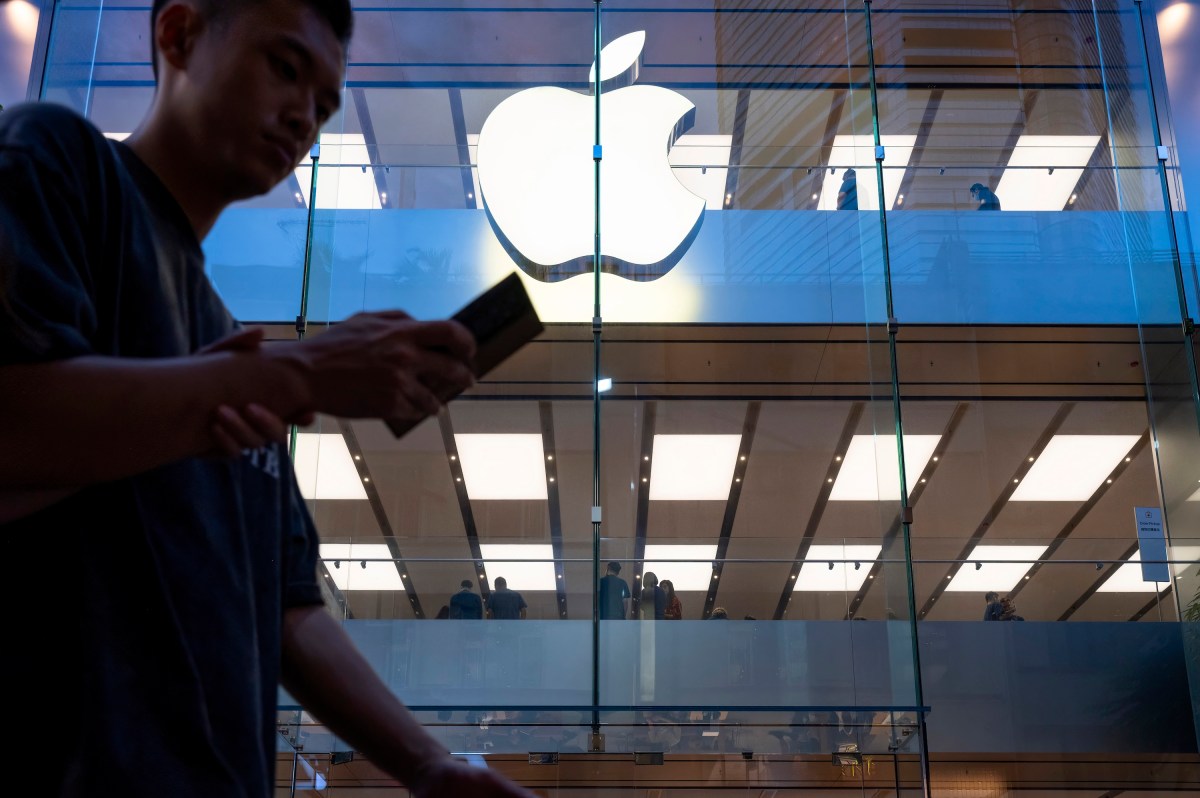Apple will update App Store and account flows to comply with Texas SB2420 by January 1 2026. The changes add age verification and parental consent steps. Apple cautions these measures could increase data collection and privacy risks and urges privacy preserving and data minimization approaches.

Apple is preparing App Store and account flow updates to comply with Texas SB2420 which takes effect January 1 2026. The law requires platforms to confirm whether users in Texas are 18 or older and to implement parental consent and age category controls for minors. Apple says the required age verification and parental consent flows will force additional data collection and raise potential privacy risks for users.
Age assurance laws aim to protect minors online by ensuring access is limited to age appropriate content and by enabling guardian oversight. Texas SB2420 requires services to verify a user s age category and obtain parental consent when required. For major platform operators this means adding verification steps at sign up and changing how apps are restricted or permitted for Texas users.
Apple s response includes App Store changes and account flow updates plus developer guidance and a developer API so third party apps can adopt the new age checks. Developers who do not integrate Apple s new verification API may face limits for their apps in Texas. Apple warns that, as written, compliance will increase the amount of data handled during verification which could conflict with prior privacy commitments.
The law forces a collision between protecting minors and preserving user privacy. Apple s warning highlights trade offs between safety automation and data minimization.
Apple s caution may accelerate interest in privacy preserving age verification such as cryptographic age attestations or third party age vouching services that avoid sharing raw identity documents. Regulators and privacy advocates will likely push for strict limits on retention use and sharing of verification data. Litigation or legislative clarification may follow about how much data a platform can collect to meet safety mandates.
This development aligns with broader trends in platform governance where regulators push platforms to automate safety functions while platforms push back where those functions conflict with privacy promises. Balancing automated age verification developer burden and user privacy will be a central policy question during implementation.
How will Apple verify age in Texas Apple will offer system level verification flows and a developer API that apps can use to confirm age categories and handle parental consent for users in Texas.
Do I need to share ID to download apps in Texas Not necessarily. Age attestation options may include self declared data third party attestations or privacy preserving attestations. However some verification methods could require identity documents depending on the approach chosen by the service.
What is a privacy preserving age verification Methods that confirm age without collecting raw identity documents or that use cryptographic attestations or minimal data tokens to reduce data collection and storage.
Apple s preparations to comply with SB2420 illustrate the tension between state level safety mandates and platform privacy commitments. With the compliance deadline on January 1 2026 developers and platforms should evaluate integration costs and privacy exposure now. Privacy preserving verification and strict data minimization will be critical to reduce privacy risks as implementation proceeds. The outcome in Texas could shape how other states approach age assurance and how platforms reconcile automated safety requirements with user privacy.



